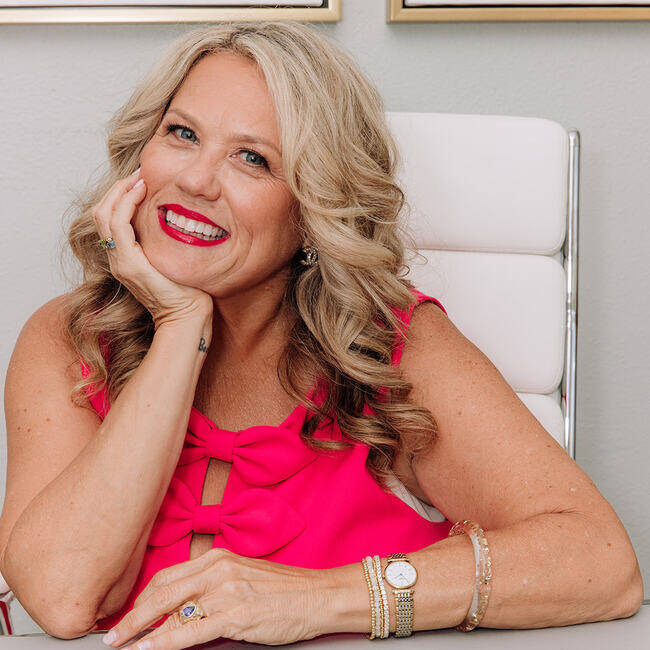
Jay Goltz
CEO/Founder Goltz group
Profile Links
Fee Range
Please contact us for pricingTravels From
Chicago, IL
Jay Goltz
Biography
After graduating college, and against the advice of just about everyone, Jay Goltz decided to open a custom framing shop on Clybourn Ave., a then abandoned factory district on the edge of Lincoln Park. He worked in a frame shop while in school and thought he could provide a better experience for the customer in both design and service.
Within a few years, Jay grew Artists Frame Service into the largest custom frame shop in the country- about twenty times the average.
Over the next twenty years, Jay expanded by adding Jayson Home, Bella Moulding, and Gallery 1871. His business now employs 130 people and occupies an entire city block on Clybourn Ave. (now a vibrant shopping district) and an 85,000 sq.ft. warehouse and factory. Less than one percent of businesses grow to this size, especially in one generation.
Jay's story is also unusual because his businesses encompass retail, manufacturing, direct sales, and e-commerce. He has never had a full-time job or a mentor, so he learned by making "every mistake in the book". The problem was that there was no book he could find that covered all of the realities of growing a business, from management to finance to marketing, so he decided to write "The Street-Smart Entrepreneur:133 Tough lessons I Learned the Hard Way". He was featured in the book, Small Giants, which lead to a cover story for Inc Magazine. He went on to be the lead blogger for the NYT small business blog for five years and is frequently featured in the business media. He recently joined The 21 Hats podcast team where he talks about what it really takes to run a business. His speech reviews always include the words "real", "take home value" and "inspiring".
Jay Goltz
Featured Keynote Programs
The Power of Being a Little Bit Better – Execution over Brilliance
Jay illustrates how being a little better than the competition will have a profound impact over the long haul.
How to hire and when to un-hire
Setting standards and control systems
Training that makes a difference
Using Left Brain Strategies to Succeed in the Right Brain Business World – Misconceptions and Missed Opportunities
A frank discussion on the challenges of running a business in a creative field where you work with people that have more of a creative mindset than a business background.
It’s not about compromise, it’s about collaboration
Great passion doesn’t make up for bad math
Determining the appropriate goals for marketing efforts
Customer Service as a Competitive Weapon - Is the Customer Always Right?
Jay reveals how using conventional training and worn-out clichés will result in mediocre customer service at best.
Why it makes sense to lose money on some sales
Turning upset customers into brand evangelists
When training doesn't work
Doing Business in the New World – From Defense to Offense
Staying ahead requires companies to reevaluate their business and need to leverage new technology.
Budgeting for new technology and new people
Increasing sales by strategically redeploying resources
Recognizing and reacting to changes in your business ecosystem
Jay Goltz
Featured Book

The Street-Smart Entrepreneur: 133 Tough Lessons I Learned the Hard Way
by Jay Goltz
Frequently Asked Questions
How do I book Jay Goltz for my event?
- Availability Check: Contact us with your event date and budget to verify if your desired speaker is available.
- Hold Date: We place a temporary "hold" on the speaker's calendar while you finalize internal approval.
- Contracting: We issue a contract outlining the fee, cancellation policy, and event expectations.
- Logistics: Once signed, our event management team handles all travel booking, itinerary, and AV requirements.
Why should I partner with Premiere Speakers Bureau rather than contacting speakers directly?
What makes Premiere Speakers Bureau unique compared to other agencies?
How does Premiere Speakers Bureau's 'Zero Cost Service' model work?
How are speaker fees structured, and what is typically included?
What are the standard policies for speaker travel and expenses?
Jay Goltz's Featured & Related Topics
Find Similar Speakers Workplace Culture
Popular Speakers

Daymond John

Kim Bearden

Candy Valentino

Dr. Ben Carson

Valorie Burton

Dr. Jessica Kriegel

Liz Bohannon











